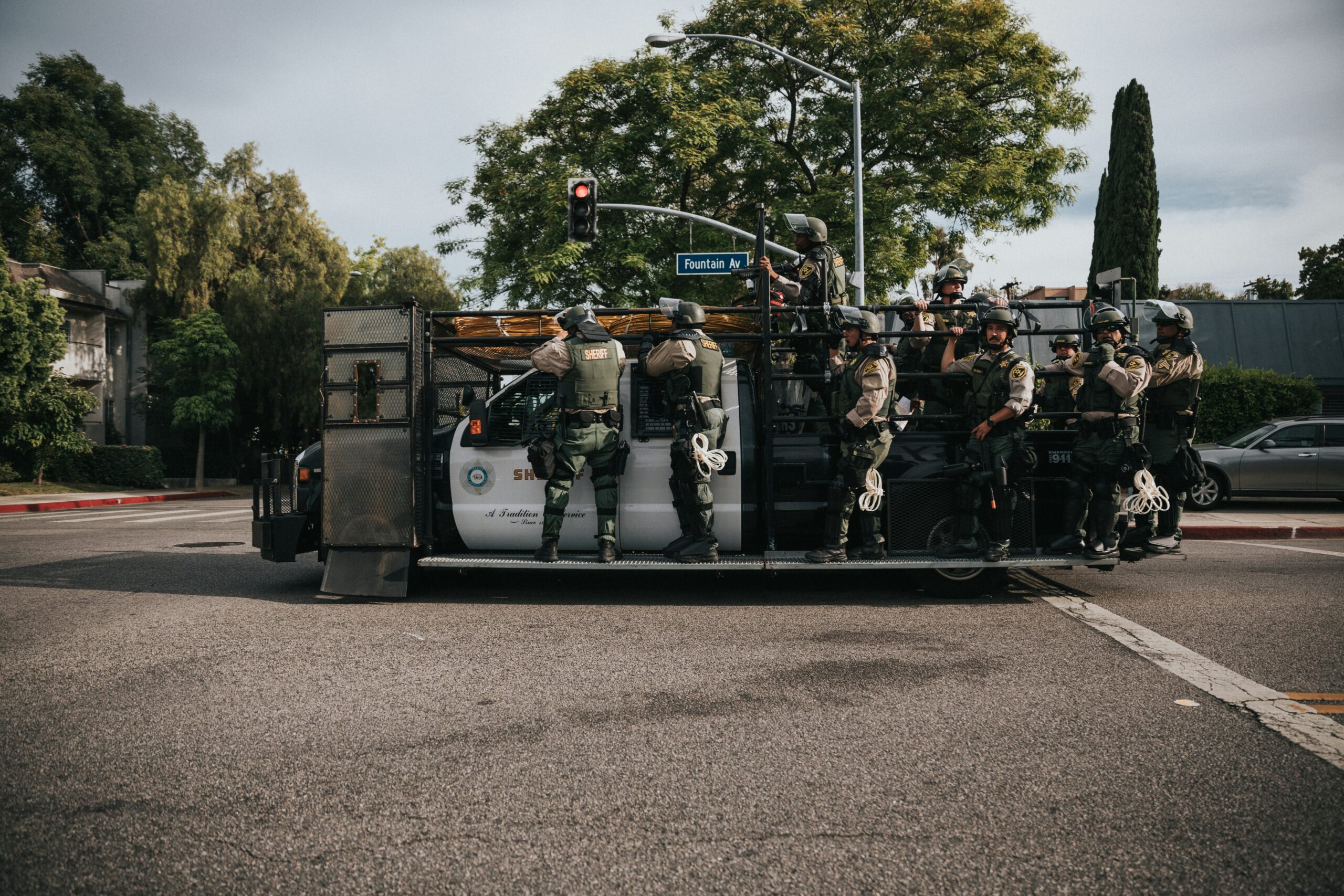
Trump Announces Federal Takeover of DC Police and Deployment of National Guard: Unpacking the Details
In a controversial move, President Donald Trump has announced a federal takeover of Washington, DC’s police alongside the deployment of 800 National Guard troops. This decision, justified by Trump as a necessary action to ‘rescue’ the capital from violence, comes at a time when crime data suggests a decline in violent incidents. The announcement has sparked immediate backlash from city leaders and the community, raising significant concerns over the implications of such a federal intervention.
The Announcement
On Monday, President Trump detailed his strategy to take federal control over the District of Columbia’s police operations. Accompanying this move, he has ordered the deployment of 800 National Guard troops. The President argues that these measures are vital for restoring order and safety to the nation’s capital, a claim met with skepticism given the recent data showing a decrease in crime rates across the city.
Community and Leadership Response
The response from local leaders and residents was swift and critical. Many expressed concerns over the necessity and timing of such a drastic approach, questioning the underlying motives behind the federal government’s sudden involvement in local law enforcement. The community’s pushback highlights a growing discomfort with the federal encroachment into district affairs, traditionally managed at a local level.
Analysis of Crime Data
Contrasting with the administration’s claims, recent statistics indicate a downward trend in major crime categories within Washington, DC. This discrepancy raises questions about the actual needs for such heightened security measures and whether other factors are influencing this decision.
Implications and Concerns
The federal takeover of DC’s police and the deployment of the National Guard set a concerning precedent for federal involvement in local governance. Legal experts and political analysts are debating the potential long-term effects on the autonomy of Washington, DC, and its implications for democratic governance. Moreover, the move has stirred debates about the balance of power between state and federal authorities, a cornerstone of American political discourse.
Conclusion
As Washington, DC, adapts to this new reality, the nation watches closely. The federal takeover by President Trump not only alters the landscape of local law enforcement but also tests the foundational principles of state rights and federal oversight. How this situation unfolds will significantly impact the discourse on federalism and democracy in the United States.


